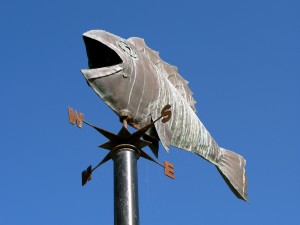

Canada has the enormous task of managing three distinct oceans (Atlantic, Arctic, and Pacific) and the longest coastline in the world. On 22-23 June 2010, at the request of Environment Canada and Fisheries and Oceans Canada, PacMARA convened an expert workshop in Ottawa for planners and practitioners to explore good practices when making decisions about how we use, manage, and conserve Canada’s marine resources. The discussions were led by Jeff Ardron, a leader in conservation planning who is currently directing the High Seas Program for the Marine Conservation Biology Institute in Washington, D.C.
Managing our oceans in an ever-changing world, with so many dynamic variables requires on-going learning. Also, because marine conservation planning is still a new and evolving field of practice, it is important to continue to examine different tools, methods, and good practices.
Along these lines, PacMARA also organized a course to build capacity in one of the most important decision-support tools for conservation planning – Marxan. This course was held in Ottawa from 5-9 July 2010, and was taught by Lindsay Kircher, an expert in Marxan software from the University of Queensland, where it was developed. The week included a discussion for managers on the potential role that Marxan can play in recommending protected areas, a variety of hands-on technical and explanatory presentations, and a session to prepare the future Marxan trainers of Canada.
The federal departments and agencies, non-profits, industry, academia, communities, and First Nations working in the field of marine conservation and management can learn a lot from one another and have a great capacity to benefit from collaboration. It is events such as these that offer opportunity for co-learning and hopefully will continue to take place in Canada.